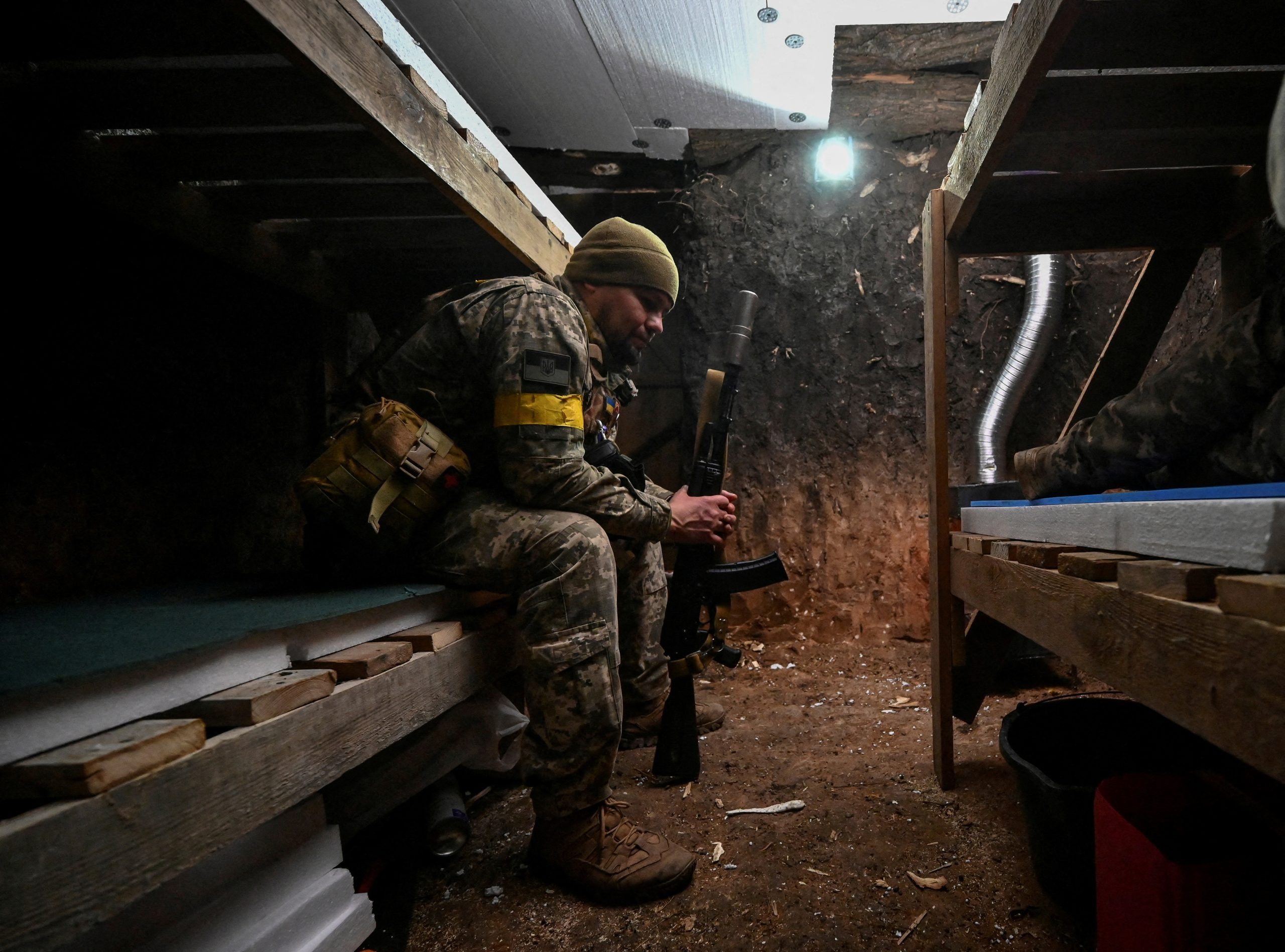
Lauren C. Moye, FISM News
[elfsight_social_share_buttons id=”1″]
The U.S. is privately prodding Ukraine to signal a willingness to re-enter negotiations with Russia in a bid to keep global support for Kyiv, according to The Washington Post.
Using anonymous sources, the newspaper claimed that U.S. officials wanted a statement from Kyiv after Ukrainian President Volodymyr Zelensky’s ban on peace talks as long as Russian President Vladimir Putin remained in power had garnered the concerns of European, African, and Latin American countries who were most hard-hit by the war’s impact on the cost of food and fuel.
The point was not to pressure Kyiv back to the negotiation table, but simply to alleviate concerns that the war, which is already in its ninth month, would drag on without the opportunity for a diplomatic solution.
“Ukraine fatigue is a real thing for some of our partners,” WP quoted one official as saying.
The WP article ran on Saturday afternoon. So far, the White House National Security Council has not commented on the article.
The State Department, via a spokesperson, has pointed to Russia’s ongoing attacks against Ukraine to show that the soviet nation isn’t prepared to negotiate.
“We’ve said it before and we will say it again: Actions speak louder than words,” the spokesperson said.
For this reason, Russia “should stop its bombs and missiles and withdraw its forces from Ukraine” if it wanted to negotiate with Ukraine. Because of this, “The Kremlin continues to escalate this war.”
“The Kremlin has demonstrated its unwillingness to seriously engage in negotiations since even before it launched its full-scale invasion of Ukraine,” the spokesperson added.
Following the Russian illegal annexation of four Ukrainian territories, Zelensky said he would no longer negotiate with Russia as long as Putin was the president. He signed a formal decree stating this on Oct. 4.
Ukrainian civilian infrastructure damaged
Russia has increased strikes on civilian infrastructure in recent weeks, underscoring the State Department’s statement on actions speaking louder than words.
The Zaporizhzhia nuclear power plant remains a potential disaster as there is no nuclear safety and security protection zone around the plant to protect it. Most recently, Russian shelling damaged the high voltage lines connecting the plant to the power grid causing the plant to be disconnected for two days, said the U.N. nuclear watchdog group International Atomic Energy Agency. External power was restored yesterday.
Also on Saturday, Ukraine’s national grid operator warned that rolling blackouts would increase in Kyiv and seven other regions as electricity consumption increased. He renewed a call for Ukrainians to reduce energy consumption in the morning and evening hours.
The planned restriction on all energy consumers is a strategy used to reduce the load on networks after Russian air strikes and suicide drones damaged the power grid.
These strikes occurred ahead of winter, which has led to criticism that Russia is weaponizing the season. At the time of writing, it’s 43 degrees Fahrenheit in Kyiv in mid-afternoon.
Finally, the Russian-held Nova Kakhovka dam, located on the Dnipro River north of Kherson, has been a source of controversy over the last few weeks as both Russia and Ukraine have accused each other of planning to breach the dam to flood the areas below the dam.
Earlier today, Russian news agency TASS reported that a U.S.-made HIMARS missile system had damaged the dam’s lock. This has not been verified, and TASS did not present evidence to support the claim.
